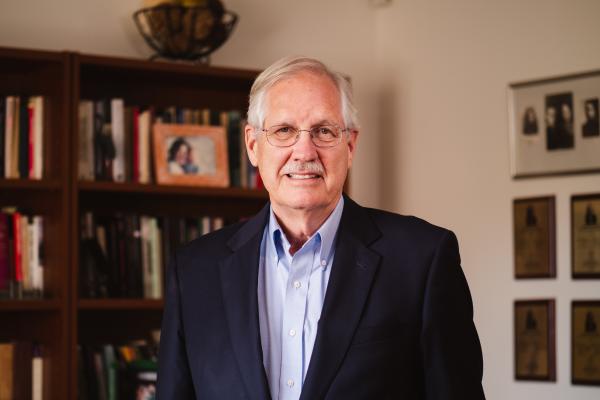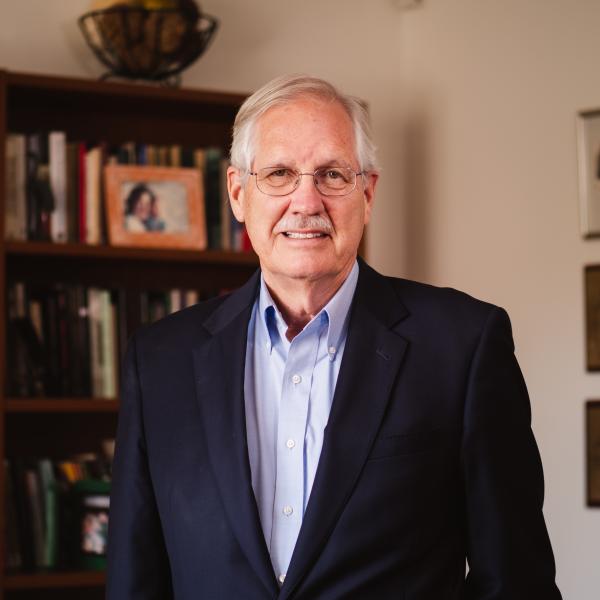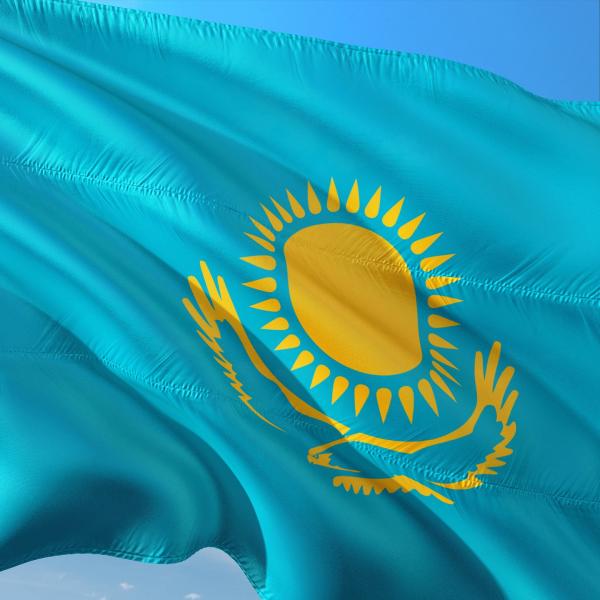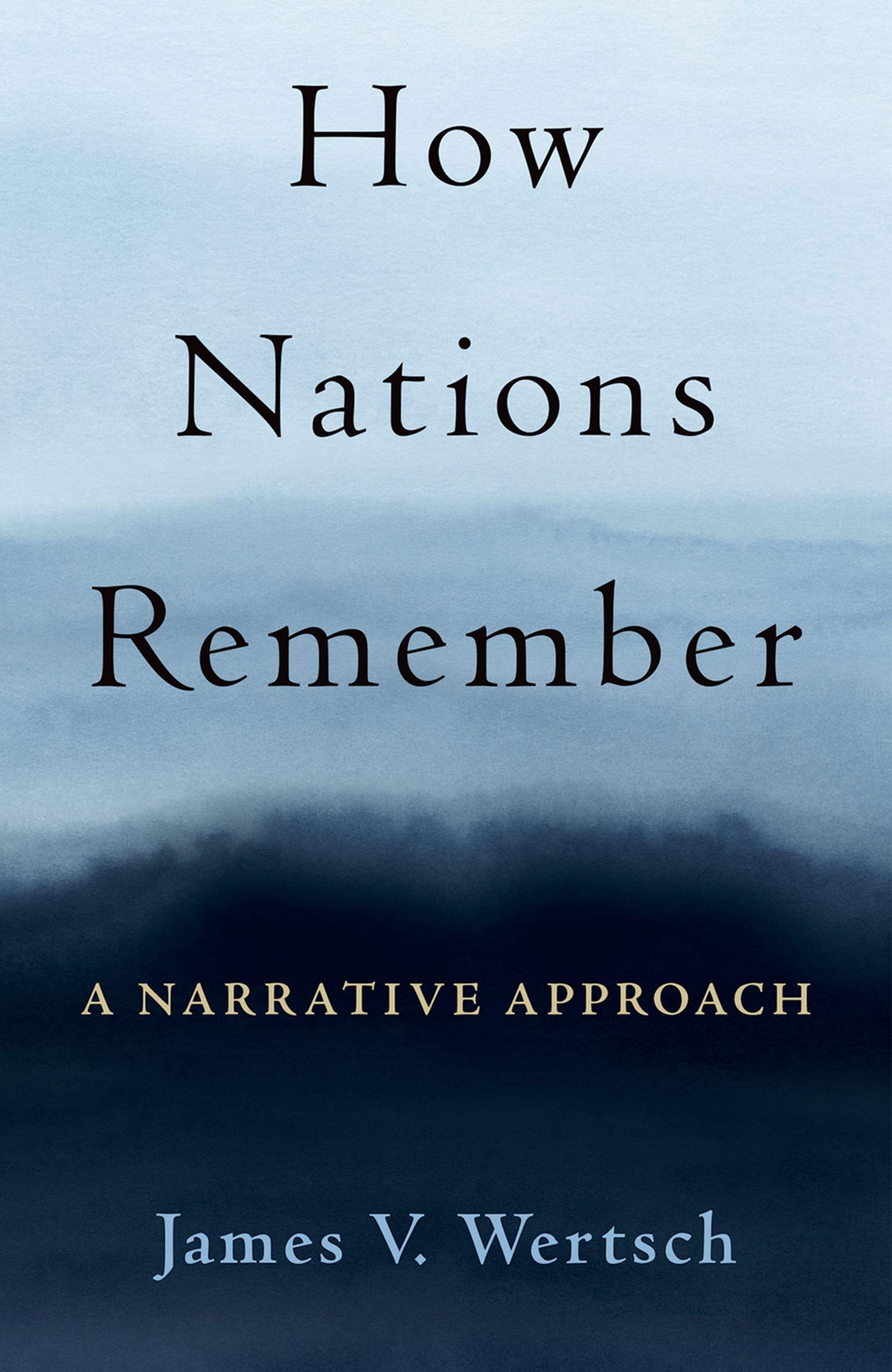Wertsch is the director emeritus of the McDonnell International Scholars Academy. A professor of sociocultural anthropology, Wertsch’s topics of study are national narratives and memory, collective memory and identity, especially in Russia and other countries of the former Soviet Union, as well as in the United States.
He has particular interests in how these issues play out in Russia, the South Caucasus, and Estonia, but his research is also motivated by a broader set of concerns about the nature of collective memory in general. In previous writings he has drawn on the ideas of L.S. Vygotsky, M.M. Bakhtin, and others in order to examine problems of language and thought from a sociocultural perspective.
Professor Wetsch is currently working on several projects in the South Caucasus, especially the Republic of Georgia. This includes collaborating with colleagues on efforts to understand the emergence of civil society, and democracy in this region. Of particular interest for him is how schools and other institutions are harnessed to create and maintain official collective memory.






